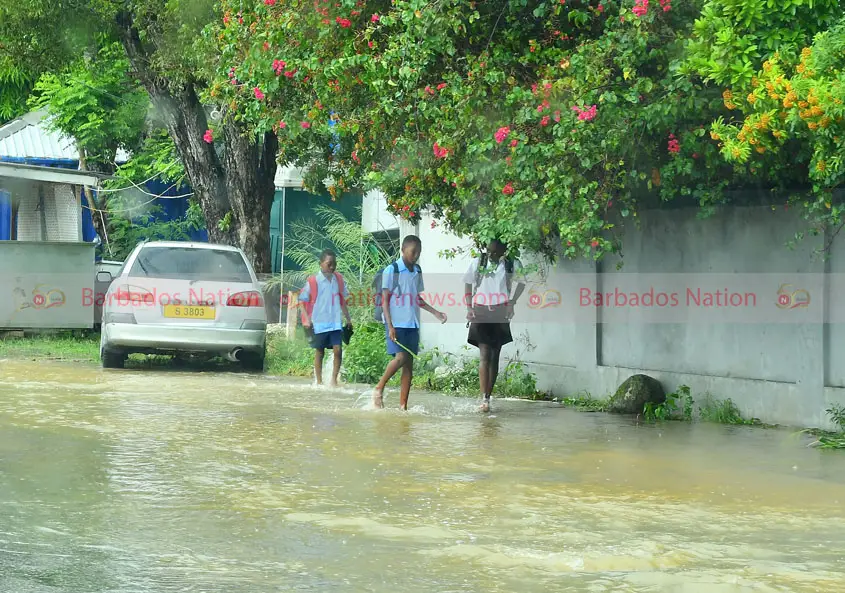Bridgetown – The Barbados-based Caribbean Institute for Meteorology and Hydrology (CIMH) on Monday said that the North Atlantic sea surface temperatures should remain well above average during the period November to January 2024 will continue to fuel some tropical cyclone activity.
In addition, CIMH in its latest Caribbean Climate Outlook Newsletter, said that activities will also result in increased shower intensity during the tail end of the Caribbean Wet Season, leading to a high potential for flooding and cascading hazards until the end of 2023.
“Episodes of moderate heat stress may linger with high temperatures, humidity and heatwaves during the transition out of the 2023 Heat Season in November.”
CIMH said that drought concerns may continue in Barbados, Grand Cayman and parts of the Lesser Antilles, noting “a decrease in the frequency of wet spells may cause arising drought concerns in the Greater Antilles and, partly due to El Niño, in parts of the Guianas”.
It said rainfall totals to December are likely to be the usual or higher in the Aruba, Bonaire and Curaçao islands, Hispaniola, the Leeward Islands and the US Caribbean territories.
By contrast, the Bahamas, Belize, the Cayman Islands, the Guianas, Trinidad and Tobago are likely to record the usual rainfall amounts or less, it added.
CIMH said that short-term drought to the end of December this year, is evolving in central and southern French Guiana, Suriname, Trinidad, and might possibly develop in Dominica, Guyana, Martinique, St Lucia, St Vincent, and northern French Guiana.










